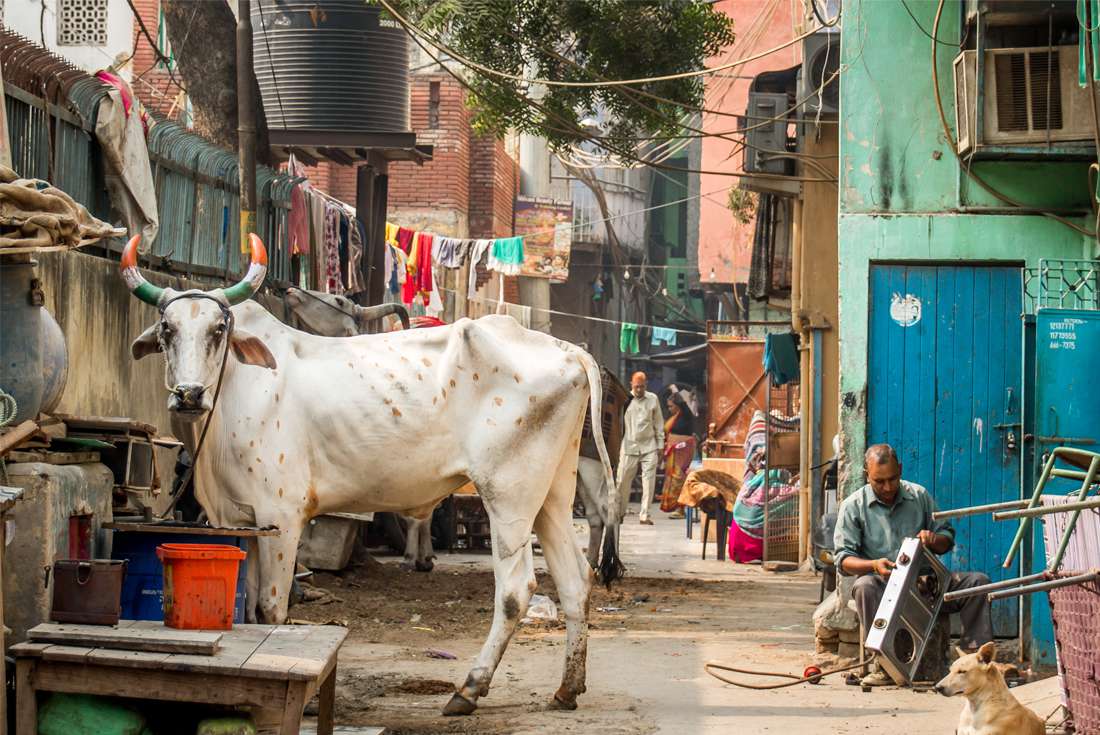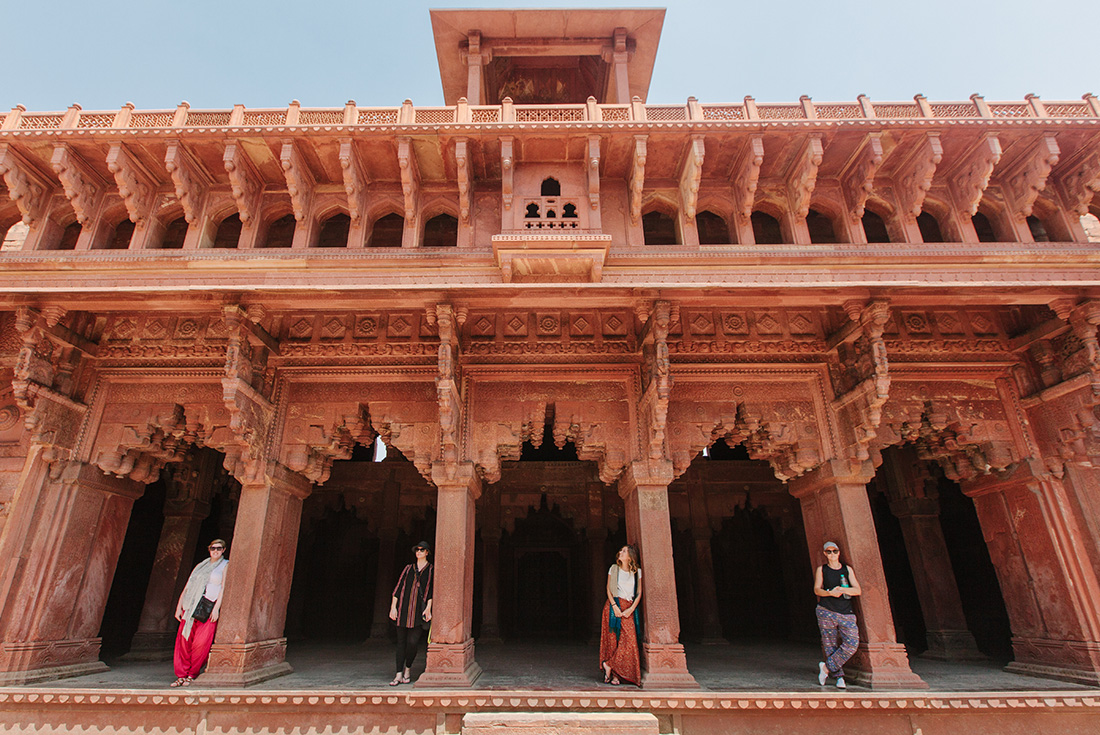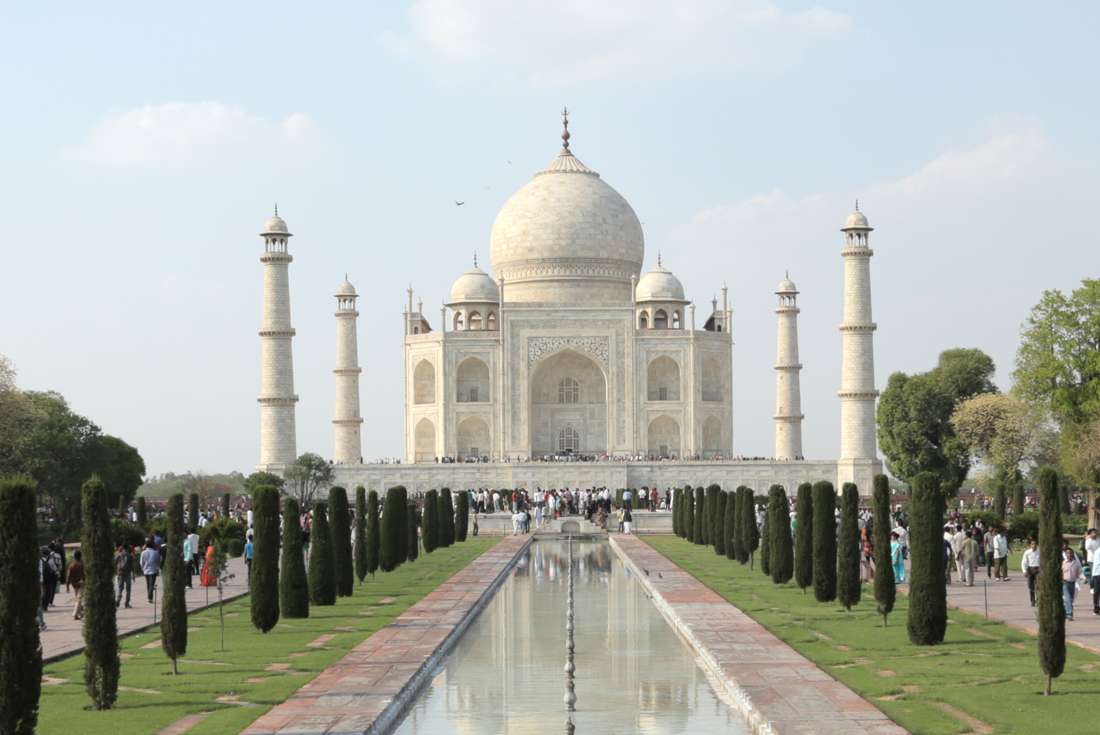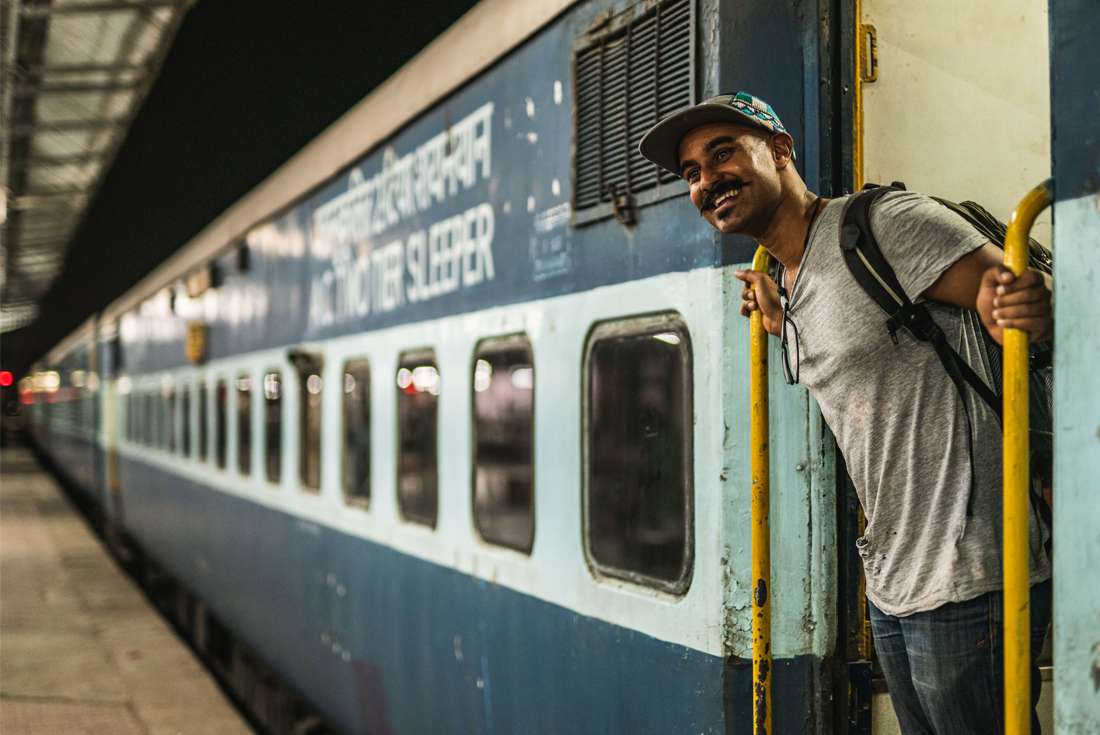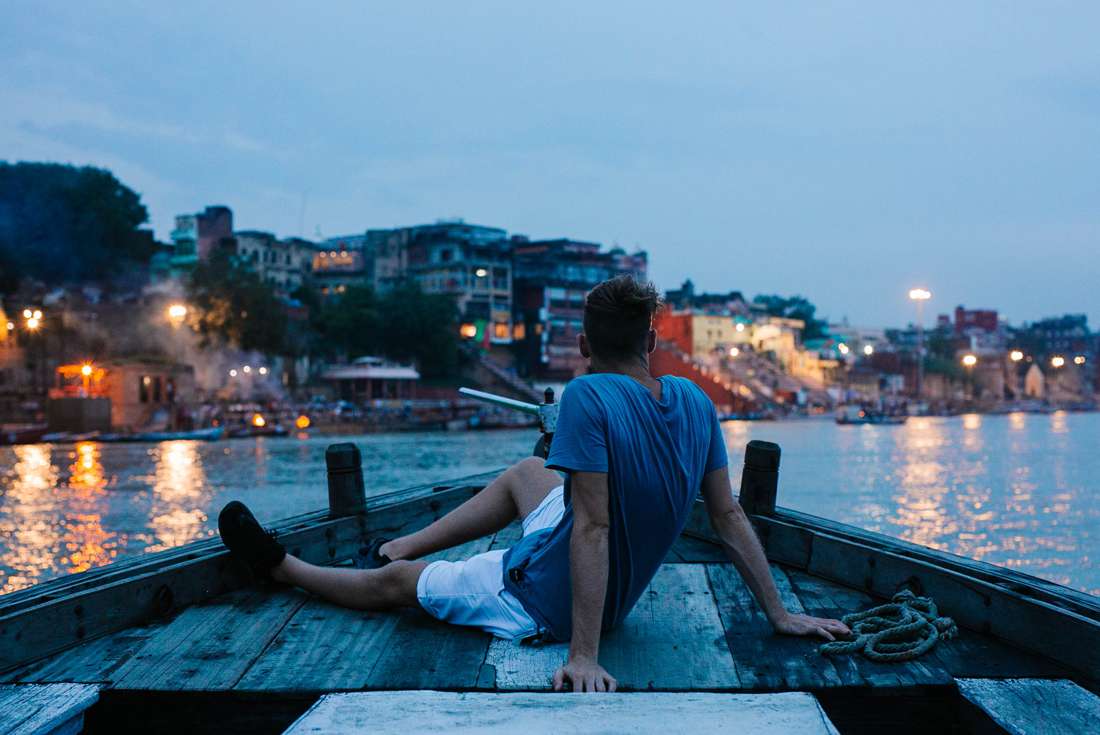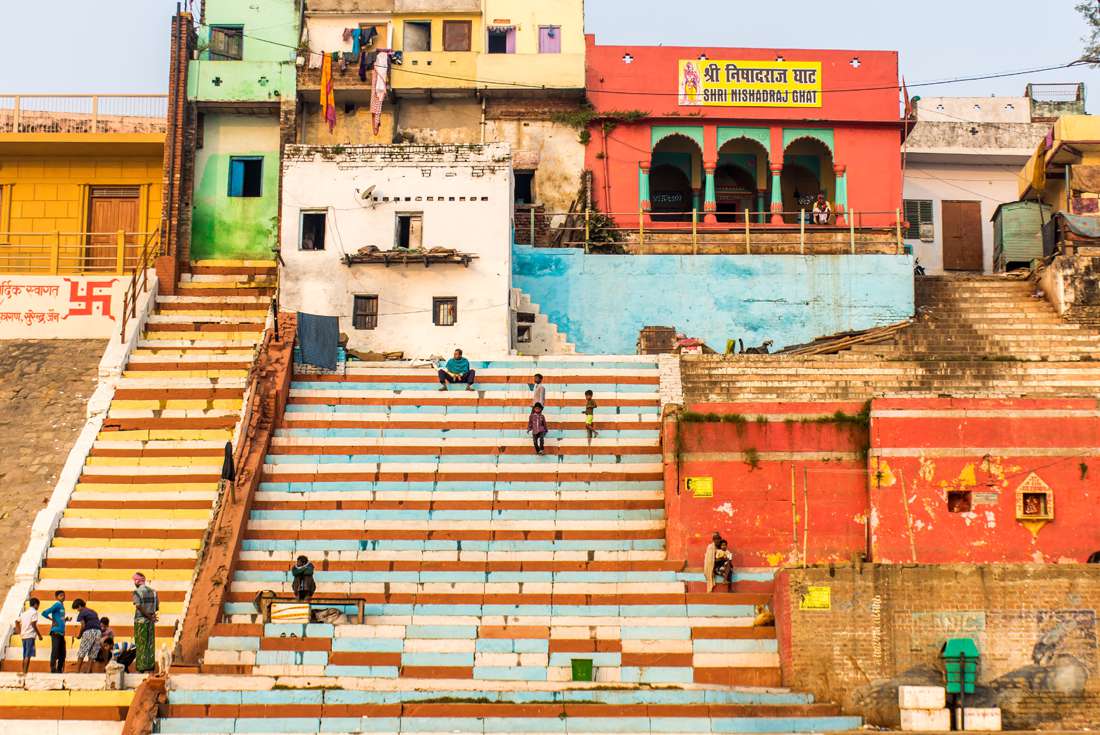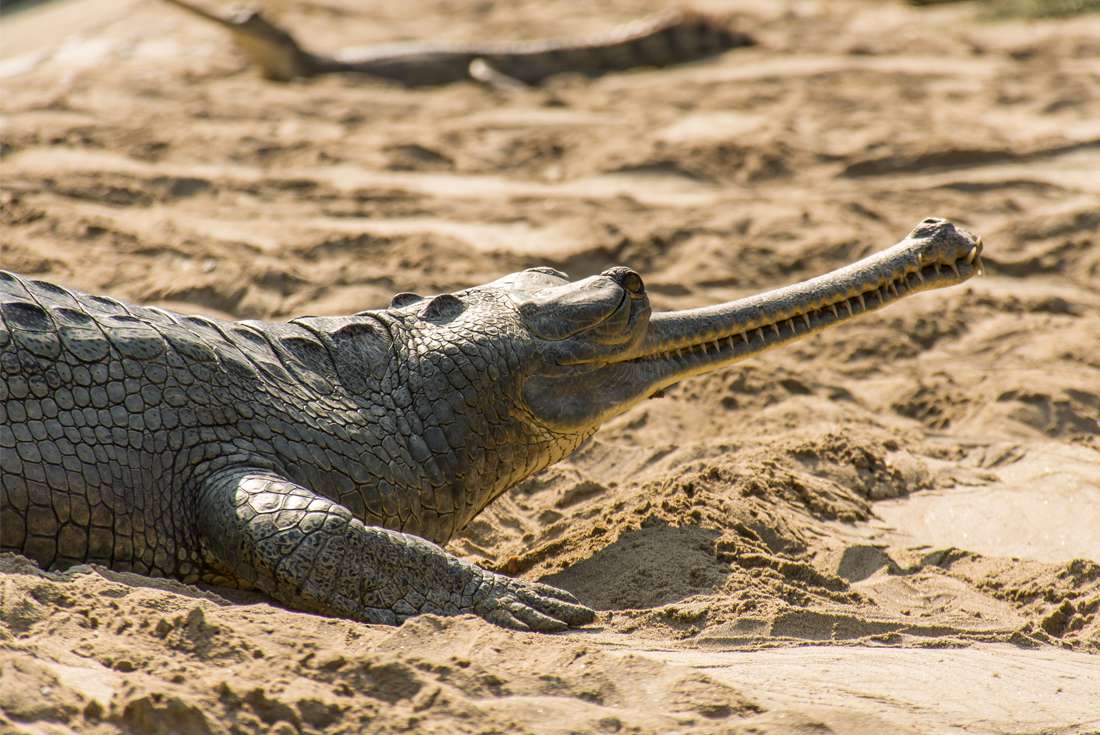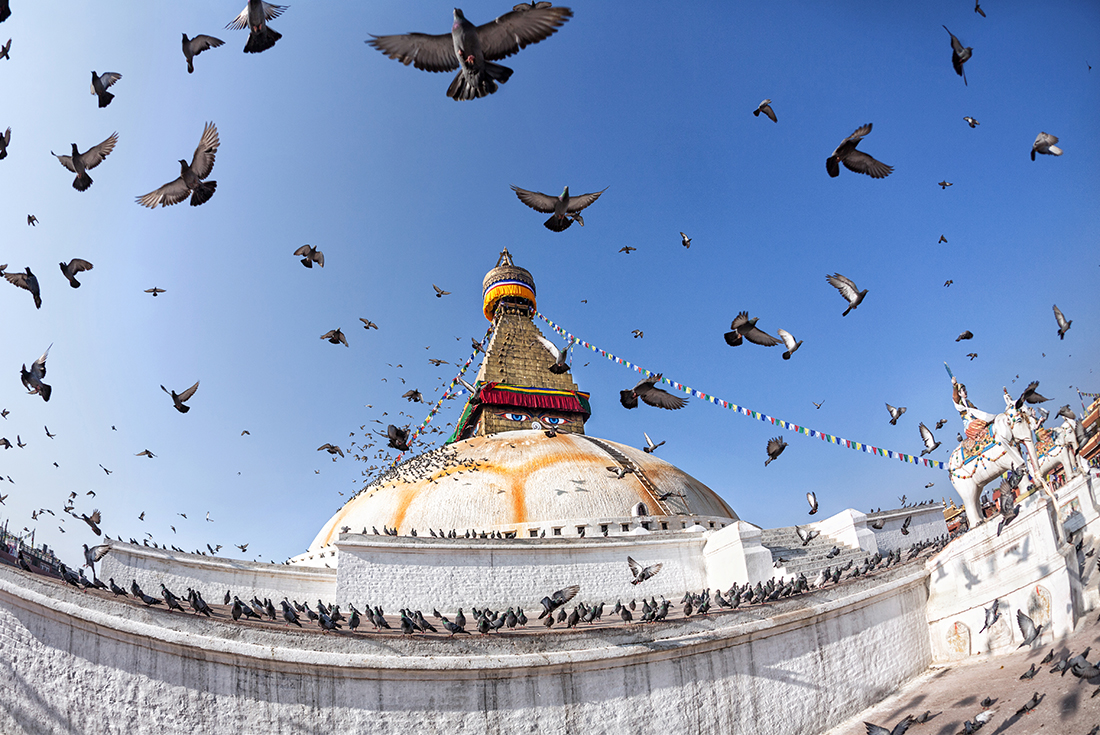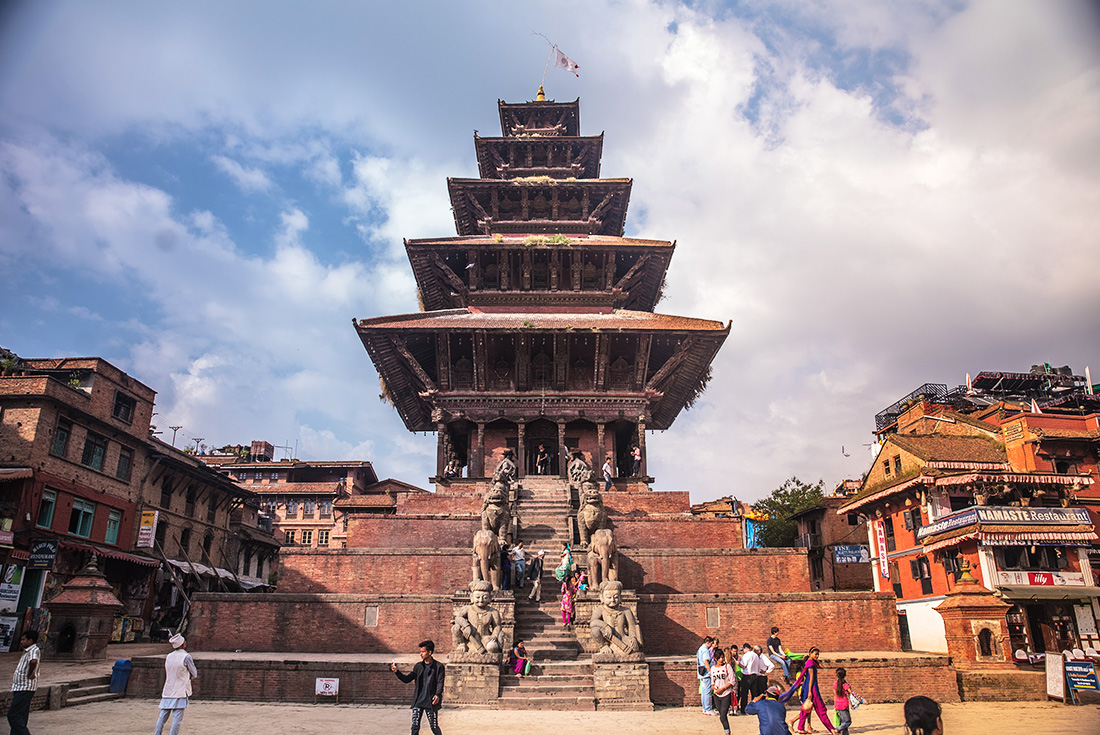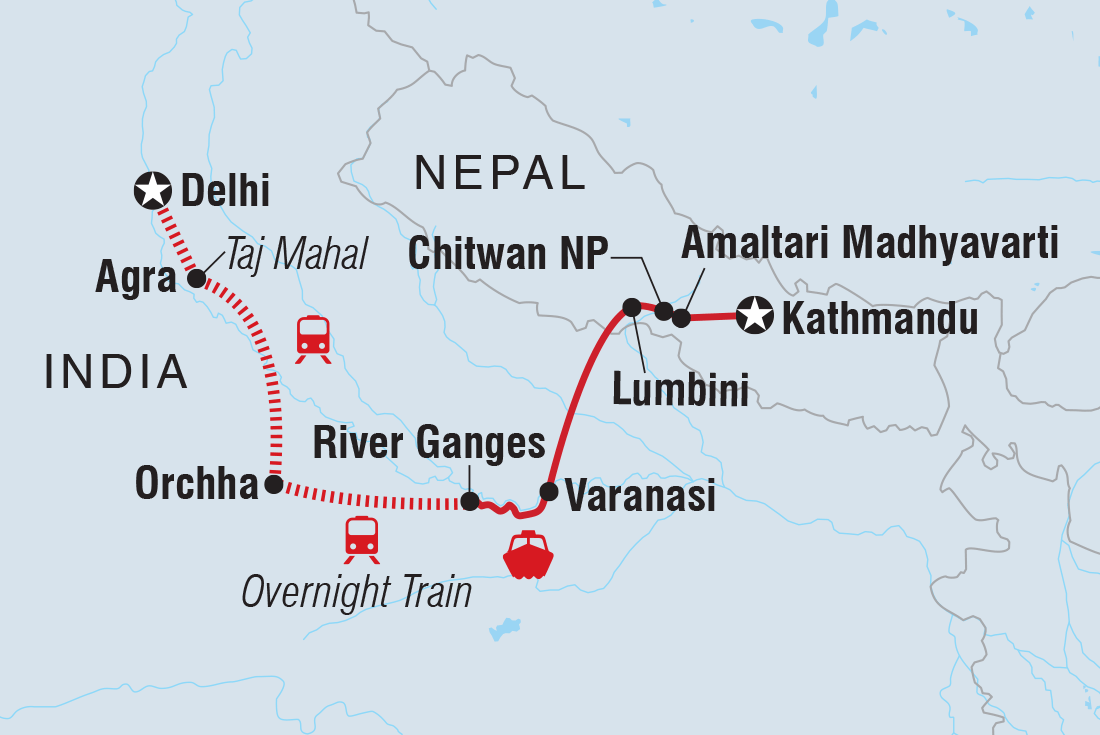SUMMARY
From capital to capital, this 15-day adventure through India will take you from the energetic hub of Delhi to the spiritual centre of Kathmandu. Start your journey with the big-ticket sites of the Taj Mahal, Agra Fort and Old Delhi, then slow down as you move through rural India for a starry night on the bank of the River Ganges. Visit the birthplace of Buddha, enjoy the hospitality of a Thar community homestay, look for the rare Indian rhino at Chitwan National Park and learn recipes from a family in Orchhra – this trip is a true look at life in northern South Asia.
TOTAL DURATION : 15 Days
GROUP SIZE : MIN 1 MAX 12
TOUR ITINERARY AND DATES
START : Delhi
END : Kathmandu
COUNTRIES VISITED : India,Nepal
Validity : 01 JAN 2025 To 31 DEC 2025
Day :1
Location : Delhi
Namaste! Welcome to India. Your adventure begins in Delhi – India’s busy capital city, known for its street food, bazaars, museums and galleries. Meet your local leader and fellow travellers at a welcome meeting at 1 pm today. After, follow your leader as they show you through the streets of Old Delhi before you hop in a rickshaw for a different view. During your excursion, you’ll visit the Jama Masjid – Delhi's oldest mosque and one of its most impressive buildings – and the Sheeshganj Gurudwara (Sikh Temple) to learn about the Sikh religion. This evening is yours to take in the energy of Delhi and get ready for the adventure ahead, perhaps over a tasty Indian meal with your group members.
Day :2
Location : Agra
This morning, depart Delhi via train to Agra – home to India’s most iconic building, the Taj Mahal. This 17th-century palace was built in the style of Mughal architecture and surrounded by trimmed English gardens. You’ll get your chance to see it up close on a rickshaw tour across Agra, whizzing past the city’s many important sites and busy chowks (marketplaces). Later this afternoon, visit Akbar's Mausoleum – a red sandstone and marble tomb built to honour one of the great Mughal emperors, Akbar. Inlaid with intricate patterns, both inside and out, the tomb is another of Agra’s impressively striking monuments.
Day :3
Location : Agra – Orchha
Today, you’ll get a chance to see the beauty of the Agra Fort up close. Known for being one of the most impressive forts in India, over time, the Agra Fort has been used as a military base, a palace and a prison. Later today, get on a train to Jhansi, where you’ll travel through traditional rural Indian landscapes to reach the town of Orchha. Located on the banks of the Betwa River, Orchha was once a hunting area that became a site of 16th-century palaces and temples. Take the afternoon to get settled before you visit the Ram Raja Temple puja (prayer) ceremony at the shrine at the heart of the city.
Day :4
Location : Orchha
Step out into Orchha for a visit to the Orchha Palace. Built by Bir Sing Deo for his friend Jehangir, the great Mughal ruler, the palace is an important building in Orchha. While inside, look out for the grand Iwans (domes) that were built large enough to allow the movement of war elephants. Later, you’ll visit Taragram – a paper-making factory that offers a way for local women to earn an income by using wood pulp and recycled clothing to make paper. After a busy day, enjoy the atmosphere at your Orchha accommodation – a restored heritage property.
Day :5
Location : Orchha - Overnight train
Prepare your tastebuds because today is all about food. Take part in a cooking demonstration run by local partners and learn about the regional specialty dishes, flavours and ingredients. After you’ve eaten your fill, the rest of the day is yours to finish sightseeing in Orchha. Maybe ask your leader for their advice on which temples to visit. This evening, hop aboard an overnight train from Jhansi and head to Prayagraj (Allahabad) – the starting point for your Ganges boat journey.
Day :6
Location : River Ganges
Arrive in Allahabad this morning and make your way to the Ganges by small riverboats for a cruise down the river. The River Ganges is very important in India, not only because it’s a sacred place in Hinduism but also because it connects millions of people to their livelihoods. A support crew will be on hand as you cruise down the waterway, passing village communities and watching life on the river. When you arrive at your campsite, sit back and relax, you might like to read a book or play some cricket. Then, watch the sun go down over a vegetarian meal prepared by the boatmen.
Day :7
Location : Varanasi
Leaving your boats at Chunar, transfer by private vehicle to Varanasi – one of the holiest cities in India. Varanasi is the ultimate destination for Hindu pilgrims who travel far and wide to step foot in this spiritual city. Your leader will take you on a walking tour of the Old City, passing temples and shrines, stopping to watch as rituals are performed. This evening, see the spirituality of this city in motion at the sunset candle flower ceremony. The daily ritual involves people sitting a small candle on a leaf which is then placed on the water, accompanied by chanting, songs and fire performances.
Day :8
Location : Varanasi
Today is an early start but watching the sunrise across the Ganges from a boat is well worth the alarm. The rest of the day is free to explore Varanasi. There’s an option to take a trip to nearby Sarnath – one of the four main Buddhist pilgrimage destinations. Sarnath is where Buddha preached his message of the path to enlightenment and features stupas (Buddhist shrines) and museums to explore. Or perhaps visit Ram Nagar Fort – a crumbling 17th-century fort famous for being the ancestral home of the Maharaja of Banaras. There are many ways to soak up your time in Varanasi. You could fill your day wandering the laneways behind the ghats, shopping for local silk or even taking a yoga class.
Day :9
Location : India/Nepal border crossing – Lumbini
Today, wave goodbye to India and say namaste to Nepal, as you cross the border at Gorakhpur. This will be a longer journey, so maybe get stuck into a good book or your favourite podcast. When you arrive in Nepal, take a private bus to your hotel in Lumbini – the birthplace of Gautama Buddha, the founder of Buddhism, and one of his four holy places of pilgrimage. Later today, travel to the Lumbini Heritage Park, home to the Ashoka Pillars, where you’ll hop on cycle rickshaws to the Maya Devi Temple – the actual site where Lord Buddha is thought to have been born.
Day :10
Location : Amaltari Community
Today, your journey continues as you travel by private vehicle through the Terai to the Amaltari Madhyavarti village homestay – your stay for the night. A well-known Indigenous group in Nepal, the Tharu community who live here are known for their distinctive culture and lifestyle. When you arrive, have lunch in the community with your group, get to know some of the locals and then enjoy some free time to freshen up. After, you’ll head out on a 4WD drive to the lake to enjoy some afternoon tea. Learn about village life in the community over dinner tonight and sit down for a home-cooked, traditional meal made by the locals.
Day :11
Location : Chitwan National Park
Start your day with a guided walk around the Tharu community with one of its members. Your local guide will show your group the Indigenous architectural styles, as well as the farms and produce used to feed and economically sustain the community. Along the way, you might learn a little more about life here as they share their customs, values and stories with you. After, say goodbye to your hosts, and head for your lodge in Chitwan National Park via Twenty Thousand Lakes (Bis Hajaar Tal) – Nepal’s second-largest natural wetland and a great introduction to the wildlife of Chitwan. Look out for migratory birds, crocodiles, and, if you’re lucky, an Indian rhino.
Day :12
Location : Chitwan National Park
After breakfast, take a walk to the Rapti River, where you’ll be taken on a boat or jeep safari through the national park. Keep your eyes on the sky for the many brilliantly coloured birds of the area. Then, sit down for a picnic lunch by the river. Keep your eyes peeled for gharials – this fish-eating crocodile has long been hunted for the supposed aphrodisiac qualities of its snout. Learn more about them when you drop by the crocodile breeding centre. Once back at your accommodation, there’ll be time to relax or to take part in optional activities offered by the park. Tonight, you’ll be treated to a cultural performance by the local Tharu community.
Day :13
Location : Kathmandu
Today, you'll travel by bus from Chitwan to Nepal's capital – Kathmandu. Try to grab a window seat for this trip, as the views are not to be missed. Look out over Nepal’s rural landscape of rice terraces, mountain-side villages and flowing rivers – all with the backdrop of the Himalayan mountain range. Arrive in the city and get your bearings, maybe with a walk through the narrow streets to the traditional architecture of Durbar Square. Or stop for a shop at the markets and bazaars. While in Nepal, make sure you sample the local favourite food - momo (Nepali dumplings). Ask your trip leader for a place to grab dinner.
Day :14
Location : Kathmandu
Today you’ll head out to Kathmandu's most important Buddhist shrine – the ancient Swayambhunath Temple, known to tourists as the Monkey Temple. The sleepy, all-seeing Buddha eyes that stare out from the top have become the quintessential symbol of Nepal. You’ll also join the pilgrims at Bodhnath Stupa – the largest stupa in Nepal and one of the holiest Tibetan Buddhist temples. Then, visit Pashupatinath – the most famous Hindu temple in the country – located on the banks of the holy Bagmati River. Here you will see Hindu holy men (sadhus) meditating and pilgrims bathing. The rest of the day is free for you to enjoy Kathmandu. One way to spend your time is to take a scenic flight through the mountains – great if you’re not able to take on a trek.
Day :15
Location : Kathmandu
There are no activities planned for your last day, and you can depart the accommodation at any time. If you would like to stay an extra couple of days, and it's recommended that you do, just get in touch with your booking agent ahead of time. If you do extend your stay, maybe check out the great range of Urban Adventures – like the Kathmandu: Rickshaw Night Explorer tour.
Reference : IT

